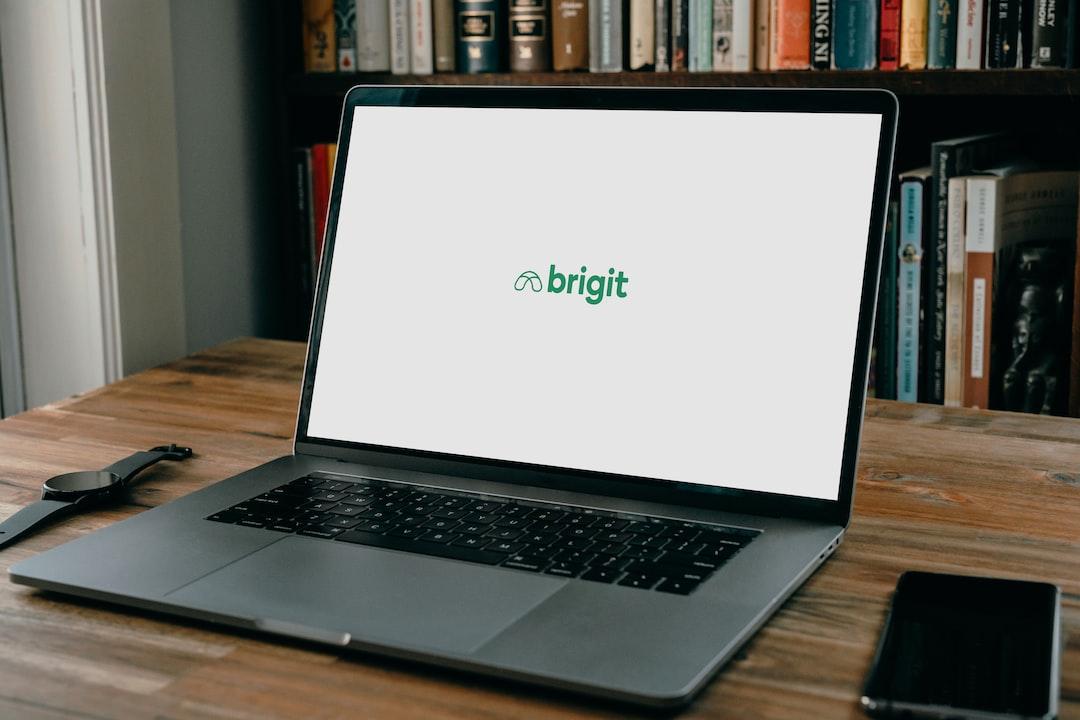ETHTaipei held an event at the Nangang Bottle Cap Factory in Taipei on March 21st, where Vitalik Buterin, co-founder of Ethereum, gave an interview to ChainNews regarding the recent hot topics in the Ethereum community: the London upgrade, modular blockchains, and the restaking craze known as EigenLayer.
London upgrade: What are the changes?
The purpose of the London upgrade is to significantly increase the scalability of Ethereum, allowing Layer 2 (especially Rollups) to greatly reduce transaction fees paid to Layer 1 Ethereum. One of the key changes is the introduction of “blobs” in each block, which create separate data spaces that cannot be accessed by the Ethereum Virtual Machine (EVM). This mechanism is particularly useful for L2 projects like Rollups.
Modular blockchains: Is it valuable for Ethereum?
Vitalik expressed his view that the direction towards modular blockchains is contrary to where Ethereum is heading. He envisions a future of a “no-individual-blockchain” where different elements of a blockchain are completed by different parts. Instead, he believes in the concept of shared sequencing proposed by Ethereum Foundation researcher Justin Drake, which can bring “unity” to Ethereum’s Layer 2 and better integrate Layer 1 and Layer 2.
EigenLayer: What is the opinion?
Vitalik stated that he is still observing the restaking protocol EigenLayer and has not formed a firm opinion yet. While restaking can unlock staked ETH and allow it to be used in other applications, it also poses risks of centralization and systemic risks to validating nodes.
In conclusion, Vitalik hopes that Layer 1 Ethereum can handle more valuable tasks, while leaving the remaining tasks to Layer 2. He finds restaking interesting but recognizes the associated risks. As for modular blockchains, he believes Ethereum should provide functionalities directly and utilize various optimistic data structures for different purposes. He also discussed the potential growth of EigenLayer and expressed his expectation of having 10 Layer 2 projects reach Stage 1 by 2024.

